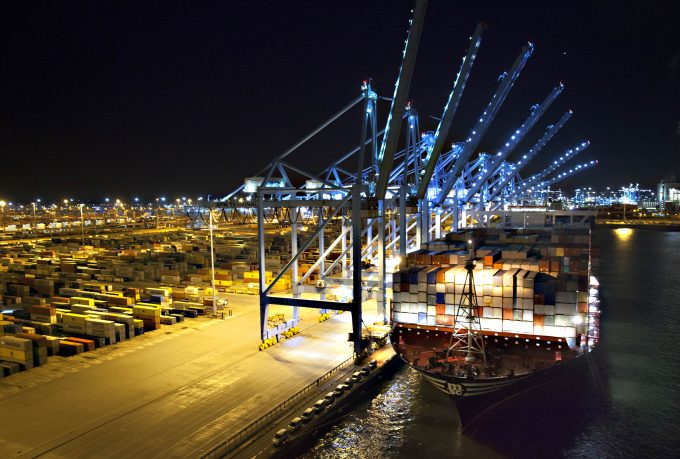Do the alliance (re)shuffle – pricing vs schedules
Putting the key question

The liner shipping industry’s block exemption from EU competition law has come under renewed attack from the sector’s customers and suppliers.
A joint submission from freight forwarding association CLECAT, port operator group FEPORT, rail group UIRR, barge operators’ association EBU and shipper representatives Global Shippers Forum ...


Comment on this article